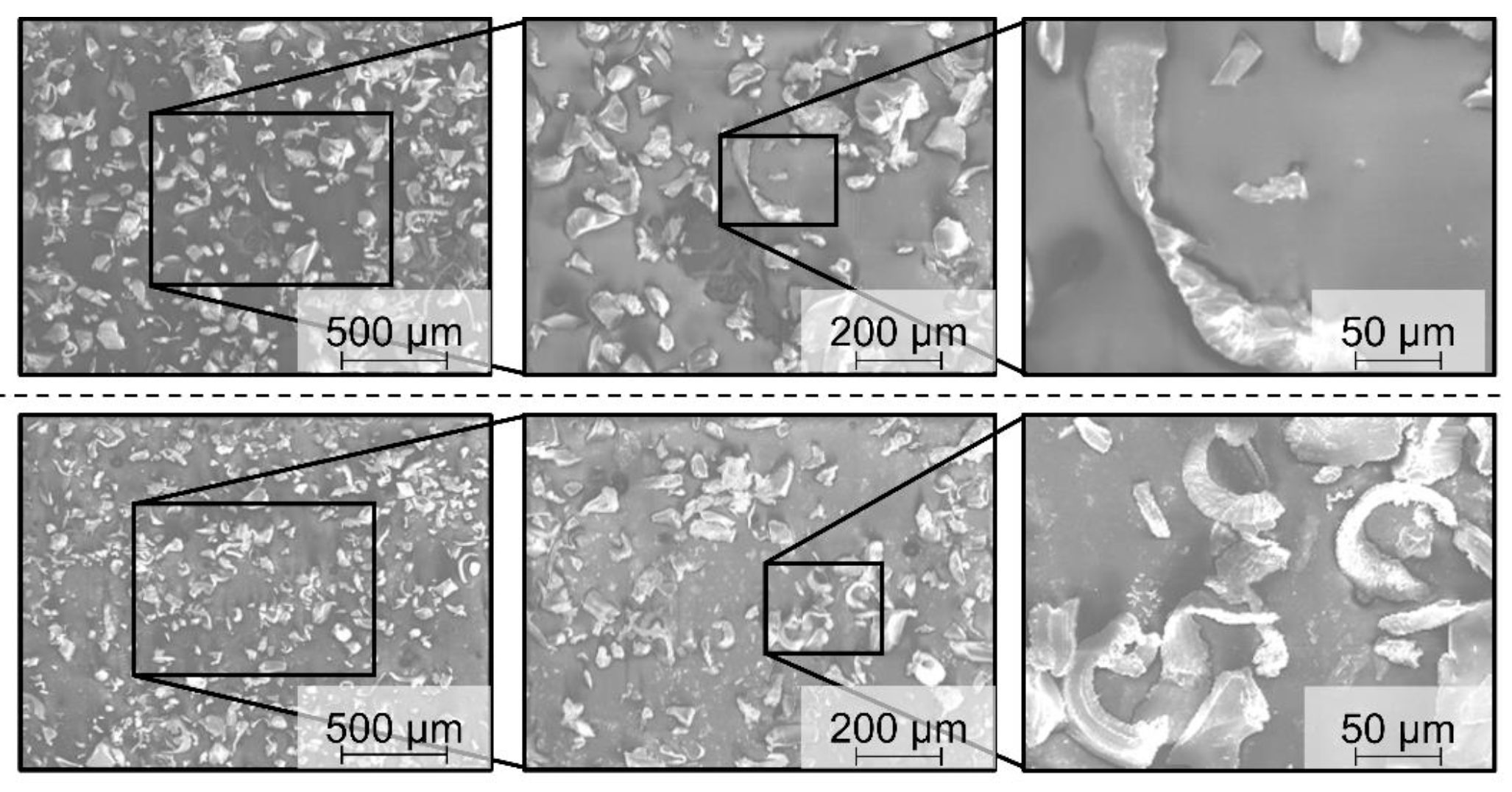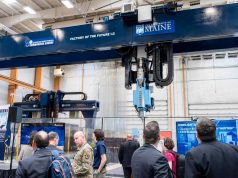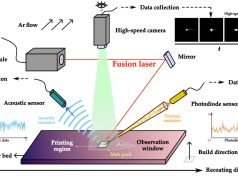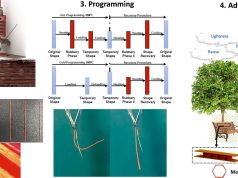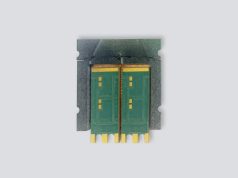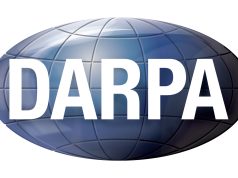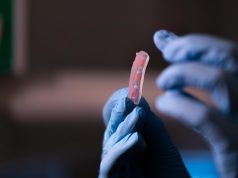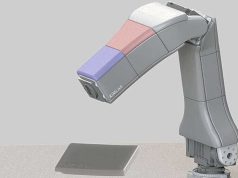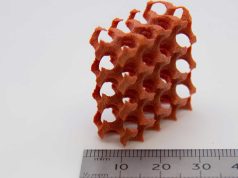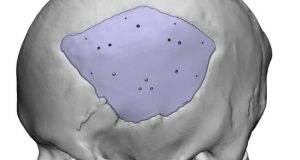Researchers from the Institute of Machining Technology at the TU Dortmund University have investigated the abrasive precision machining processes of flat grinding, cylindrical grinding, wet abrasive jet machining (WAJM), and microfinishing of additively manufactured metal components. The results of the study provide interesting insights into both the processing possibilities and the influence of the initial additive component production.
Additive manufacturing has established itself as an innovative technology in various industries in recent years. The typically very high requirements for components lead to the necessity of a suitable process chain, with a focus on the combination of additive manufacturing and cutting post-processing. This necessity is particularly evident in functional surfaces that must meet high requirements for dimensional accuracy and surface quality. Especially for additively manufactured components made of metals, the resulting surfaces are often insufficient, making subtractive processes, particularly fine and ultra-fine machining processes such as grinding and microfinishing, interesting as they are suitable for generating functional surfaces from a tribological perspective. In this context, the subtractive processes are also referred to as functionalization processes. To further improve the quality and functionality of additively manufactured components, Prof. Dr. Dirk Biermann and Meik Tilger from the Institute of Machining Technology at the TU Dortmund University have investigated the functionalization of additively manufactured components through precision machining processes.
Grinding, wet abrasive jet machining (WAJM), or microfinishing
In the context of the interdisciplinary collaboration project Ad-Proc-Add, the team demonstrated that grinding of additively manufactured components is fundamentally suitable for post-processing. While the build direction of the additive workpieces had little influence on the machining result during grinding, wet abrasive jet machining (WAJM), or microfinishing, the researchers found a significant influence in the original quality of the additively manufactured component. Particularly, the high porosity was identified as the main cause of surface defects and insufficient surface quality after precision machining. The pores in the coating structure are primarily attributed to potential powder aging or excessive powder moisture. When precision machining rotationally symmetrical components, additional difficulties were encountered, particularly when clamping using a mandrel. Due to the high initial roughness and low material removal rate in wet abrasive jet machining (WAJM) or microfinishing, an intermediate grinding process is considered economically necessary.
Research in this area has the potential to further optimize the additive-subtractive process chain and thus improve the quality and functionality of additively manufactured components.
The project’s final report can be obtained through the Forschungskuratorium Maschinenbau (FKM) e. V.. Postal address: Lyoner Str. 18, 60528 Frankfurt am Main, Germany,
Email: info@fkm-net.de, Phone: +49 69 6603 1352.
Further information is also available on the project website: www.ad-proc-add.eu
About ecoplus
As privately run agency with decades of experience, with a highly-specialized team and an expansive network, we offer tailored services to your business. With 16 business parks throughout Lower Austria, we also provide first-class business locations for companies. Our technopols focus on building up technology oriented business locations near existing research and educational facilities. We can also help find access to regional funding and give you a competitive advantage through innovative cooperation’s projects in clusters & platforms that we manage. You can visit the new House of Digitalization in Tulln, which is the flagship project of Lower Austria’s digitalization strategy. In addition, companies from Lower Austrian and abroad can count on our support through the Export / Expat & Relocation Service.
Funding organisations
Federal Ministry for Economic Affairs and Climate Action, German Federation of Industrial Research Associations eV, Collective Research Networking (BMWK/AiF-CORNET), Austrian Funding Agency (FFG), Confederation Switzerland and Flanders Agency for Innovation & Entrepreneurship (VLAIO).
Subscribe to our Newsletter
3DPResso is a weekly newsletter that links to the most exciting global stories from the 3D printing and additive manufacturing industry.



